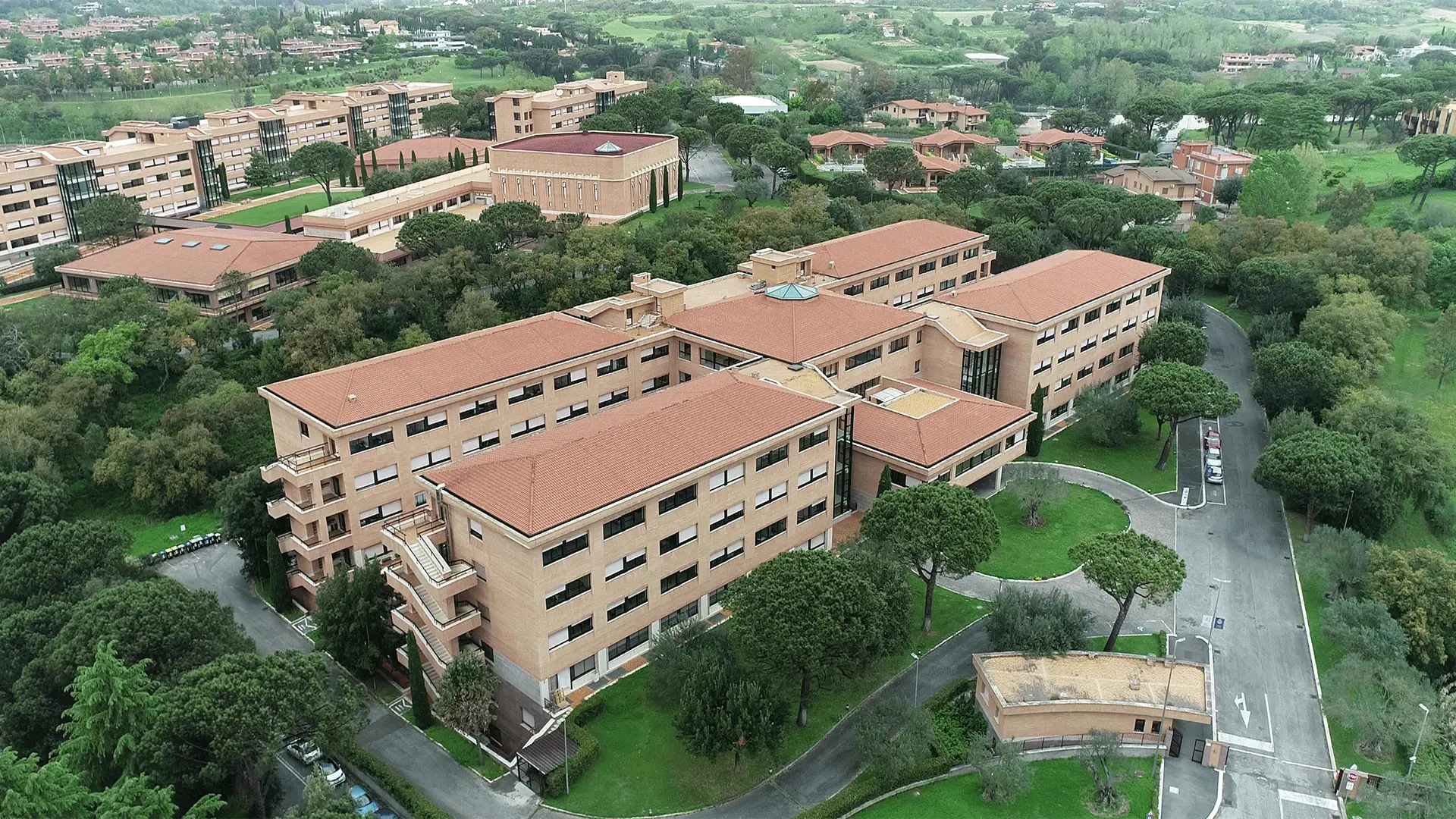

Research
The Regina Apostolorum is a centre of excellence in research on matters related to the subjects taught at our faculties and schools. Our students and teachers devote themselves to continuous in-depth studies and to the evolutions that contemporary society offers us in order to be able to provide new interpretations of evangelical culture to share with the entire international community. Research activity is one of the main focuses of the school’s academic life.
Pius XII Library
In the service of research, the Pio XII Library is open to all students and teachers at the School. More than 180.000 books are available to further students’ fields of research.
Further notes
As part of their research activities, teachers, researchers and students at the Pontifical Ateneo Regina Apostolorum’s Faculties and Institutions draft and share articles and in-depth contributions. This section is home to some of the academic activities and scientific productions.



